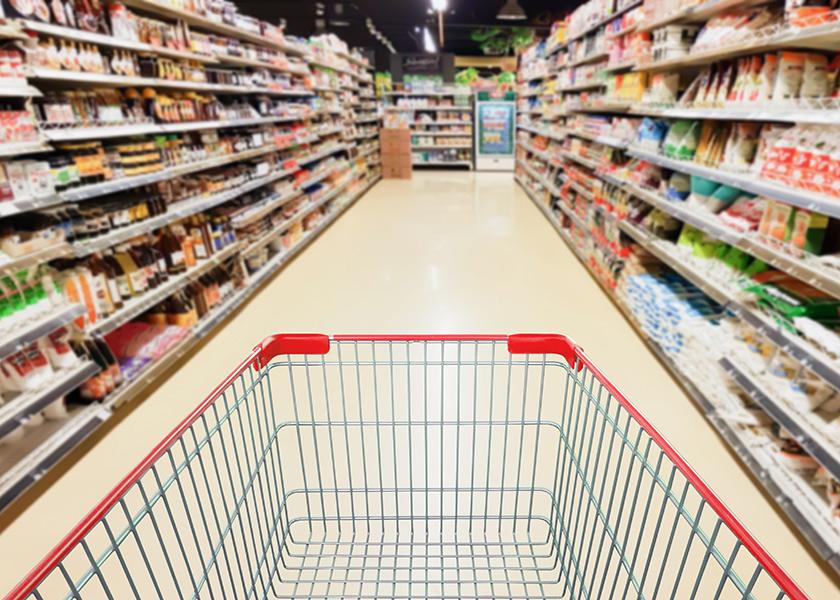How a grocer merger could affect Southern California retail

A proposed merger between Cincinnati-based The Kroger Co. and Boise, Idaho-based Albertsons Cos. Inc. could have a significant effect on the Southern California retail scene, said Dick Spezzano, former president of Spezzano Consulting Services.
Under terms of the agreement announced last October, Kroger would acquire all the outstanding shares of Albertsons for about $24.6 billion. Nationwide, the merger would include 5,000 stores, 66 distribution centers and 52 manufacturing plants.
There has been significant opposition to the merger.
“The Federal Trade Commission is taking a really good look at it,” Spezzano said.
The impact on the Los Angeles market would be in the number of divested stores that would be up for grabs.
Spezzano doesn’t put much faith in the companies’ claims that the merger would result in lower consumer prices.
“I’ve never seen food retailers merge together and, because of that merger, have lower prices,” he said.
“It will reduce competition,” he added.
A merger would leave only two major chains in Southern California — Kroger/Albertsons and Stater Bros. Markets, a San Bernardino, Calif.-based chain of about 180 stores.
Kroger/Albertsons, which includes the Food 4 Less and Pavilions banners, would have about 800 to 900 stores, Spezzano said.
“If the merger goes through, the likely area for most spinoffs will be Southern California,” Spezzano said. “They dominate the marketplace.”
If the agreement is OK’d, 350 to 500 stores could be available, which could be a positive for other supermarket owners, he said.
“A lot of independents have been stymied the last couple of years,” he said.
Chains like Los Angeles-based Super King Markets and Sylmar, Calif.-based Vallarta Supermarkets might be able to expand as well as chains like Batavia, Ill.-based Aldi Inc. and Phoenix-based Sprouts Farmers Market.
As he surveyed the Los Angeles produce scene, Spezzano said he’s noticed a cooling down of supermarket consumer deliveries but a jump in store pickups, where consumers place their orders on their phones or tablets and pick up their groceries in the supermarket parking lot.
“It looks like chains want that to succeed because the ‘last mile’ is so expensive,” he said, adding that deliveries add liability as well.
Pickup spaces that used to sit empty are now being used, Spezzano said.
“The smart [supermarkets] are going to make it as easy as possible,” he said.
Spezzano said he also has observed sales of organic fruits and vegetables increase as the price gap narrows between organic and conventional produce.
“It’s not a scary price anymore,” he said, “and the overall appearance of the product is way better.”
Organic produce frequently is featured on ad as major conventional growers become more adept at growing it, he said, noting that organic now accounts for 10% to 25% of produce sales.
“That’s a major impact,” he said.







